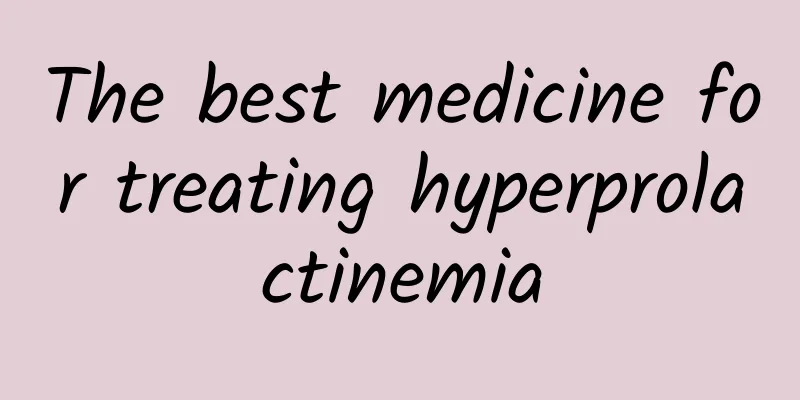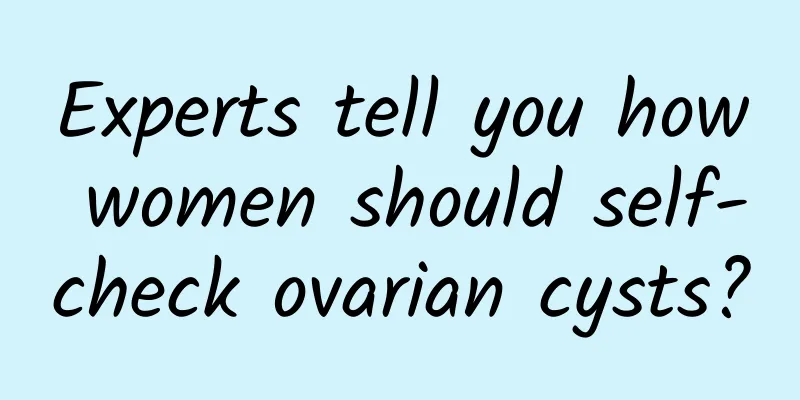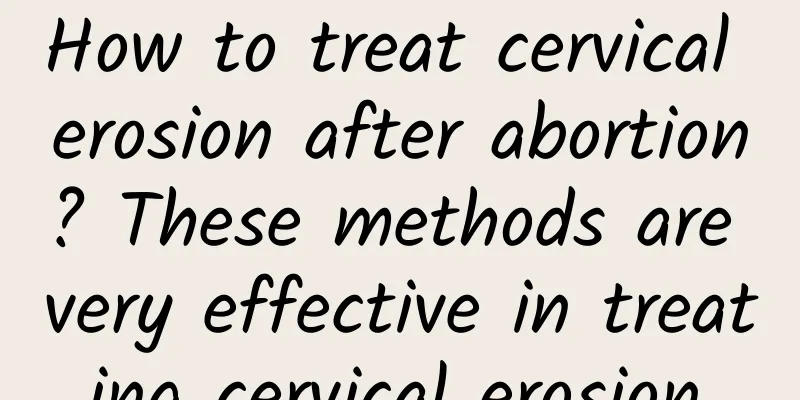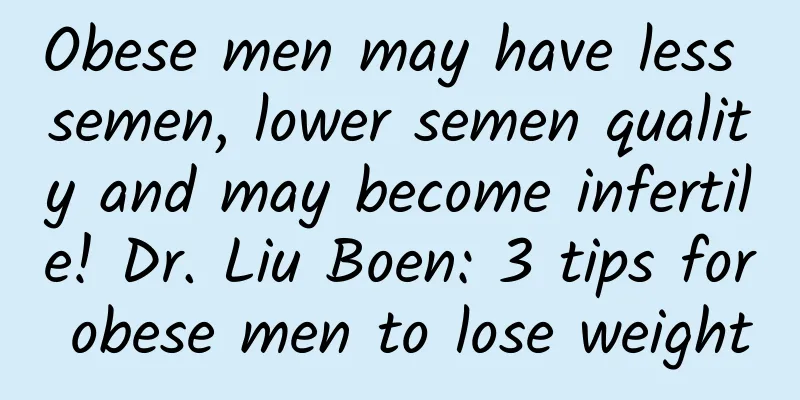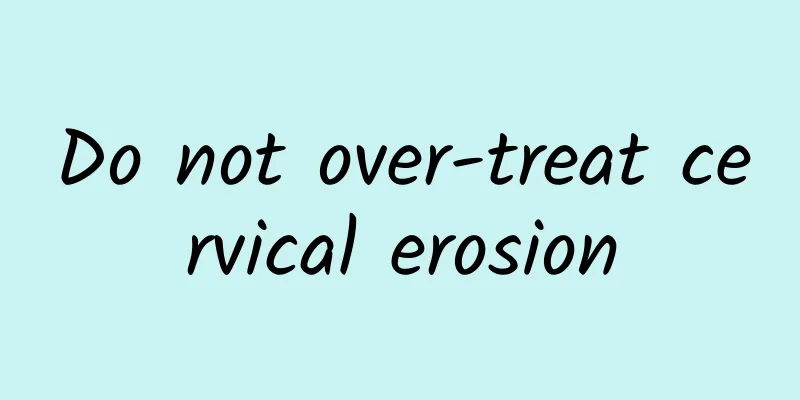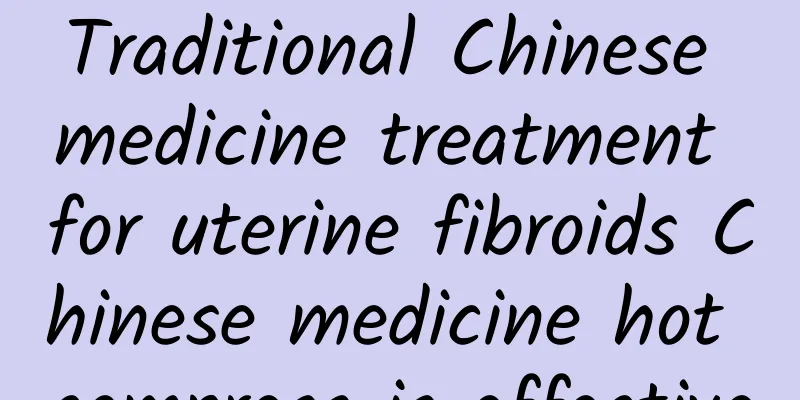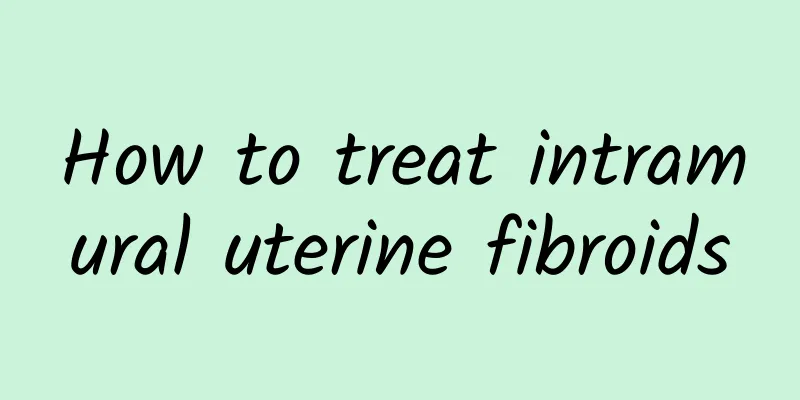What can menopausal women with uterine fibroids eat?
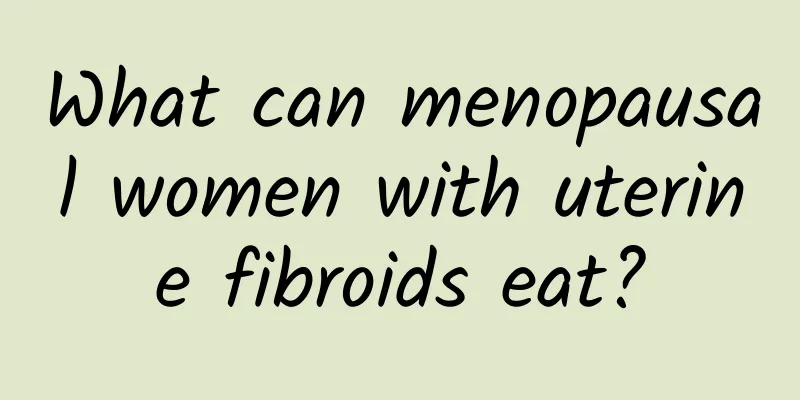
|
Menopause is a period of major changes in a woman's body, with fluctuations in hormone levels and an increased risk of uterine fibroids. So, what should you eat during menopause to treat uterine fibroids? In this article, we will discuss how menopausal women should eat to relieve the symptoms of uterine fibroids. 1. High-fiber foods High-fiber foods can help women better handle hormone fluctuations and reduce symptoms of uterine fibroids. These foods include vegetables, fruits, beans, and whole grains. It is recommended that menopausal women consume more than 25 grams of fiber per day. 2. High Antioxidant Foods Antioxidants are important for reducing the risk of uterine fibroids and reducing symptoms. Eating foods rich in antioxidants such as vitamin C, vitamin E, and beta-carotene, such as citrus fruits, red peppers, sunflower seeds, and carrots, can help relieve discomfort in women during menopause. 3. Low-fat foods Menopause is a period when women tend to gain weight, and obesity is associated with the development of uterine fibroids. Therefore, in order to maintain a healthy weight, menopausal women should choose low-fat foods such as lean meat, skim dairy products, and vegetable oils. 4. Avoid spicy foods Certain foods may stimulate the growth of uterine fibroids and worsen symptoms. Spicy foods, coffee, and alcohol are all irritants that menopausal women should try to avoid to reduce the discomfort of uterine fibroids. 5. Vitamin D Supplement Menopausal women often face the problem of vitamin D deficiency, and vitamin D deficiency is associated with the development of uterine fibroids. Therefore, it is very necessary to supplement with an appropriate dose of vitamin D. Vitamin D can be supplemented by sun exposure or eating foods rich in vitamin D, such as fish and egg yolks. What to eat to treat menopausal uterine fibroids is a focus of attention. By choosing high-fiber foods, high-antioxidant foods, and low-fat foods, and avoiding irritating foods, menopausal women can alleviate the symptoms of uterine fibroids. Supplementing an appropriate amount of vitamin D is also very important. Menopausal women can relieve the discomfort of uterine fibroids and improve their quality of life through good eating habits. For women with menopausal uterine fibroids, it is crucial to maintain healthy eating habits. |
<<: What are the five major hazards of uterine fibroids? Harms and treatment of uterine fibroids
Recommend
Traditional Chinese Medicine explains what is candidal vaginitis
Traditional Chinese medicine is a traditional Chi...
Women must pay attention to the precautions of abortion
With the development of society, the relationship...
What are the symptoms of cervicitis
Cervicitis is one of the common gynecological dis...
The salt content in New Year's dishes exceeds the limit, 3 grams of salt in one mouthful? Doctors warn: 3 groups of people with chronic diseases are at high risk of developing them
Salt-based seasoning is the soul of many New Year...
Can I get injections for dysmenorrhea? What are the side effects of injections for dysmenorrhea?
Dysmenorrhea has different symptoms, and if the d...
Will an ovarian cyst shrink on its own? Will it get worse if left untreated?
Will an ovarian cyst get smaller on its own? Will...
Is the cure rate of threatened abortion surgery high?
There are generally several ways to cure threaten...
What is pregnancy complicated with uterine fibroids? How to deal with pregnancy complicated with uterine fibroids
How should pregnancy complicated with uterine fib...
Generally, cervical erosion has the following symptoms
Every woman wants to have a healthy body, but the...
What are the causes of bacterial vaginosis?
Do you think there is only one type of vaginitis?...
Magnesium deficiency causes fatigue, migraine, obesity, and sleep disorders! Nutritionist Li Wanping: 5 must-eat foods rich in magnesium
Magnesium is an important mineral for maintaining...
What causes congenital absence of vagina?
The gynecological disease congenital absence of v...
What is the color of pelvic fluid menstruation?
The correct diagnosis of pelvic effusion is extre...
Concept and symptoms of habitual miscarriage
Many female friends are very frightened when they...
What preparations should be made before artificial abortion
Artificial abortion refers to the termination of ...

